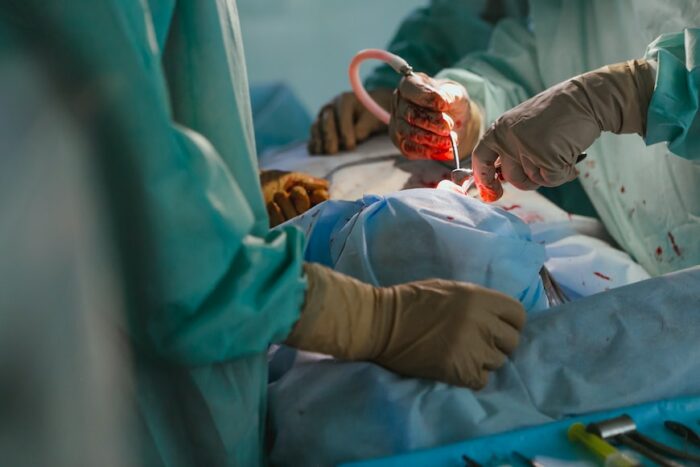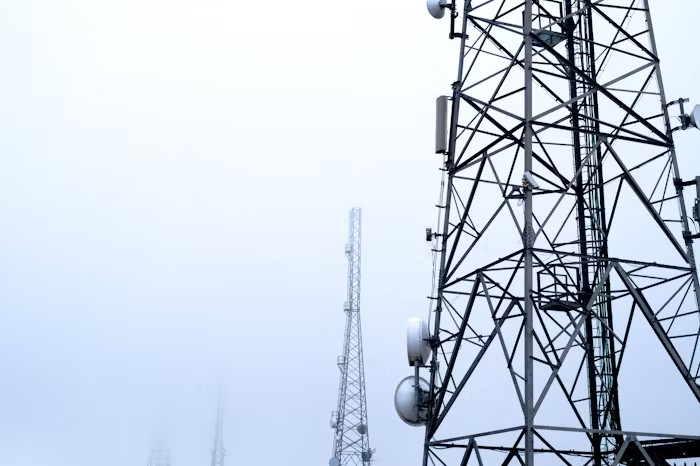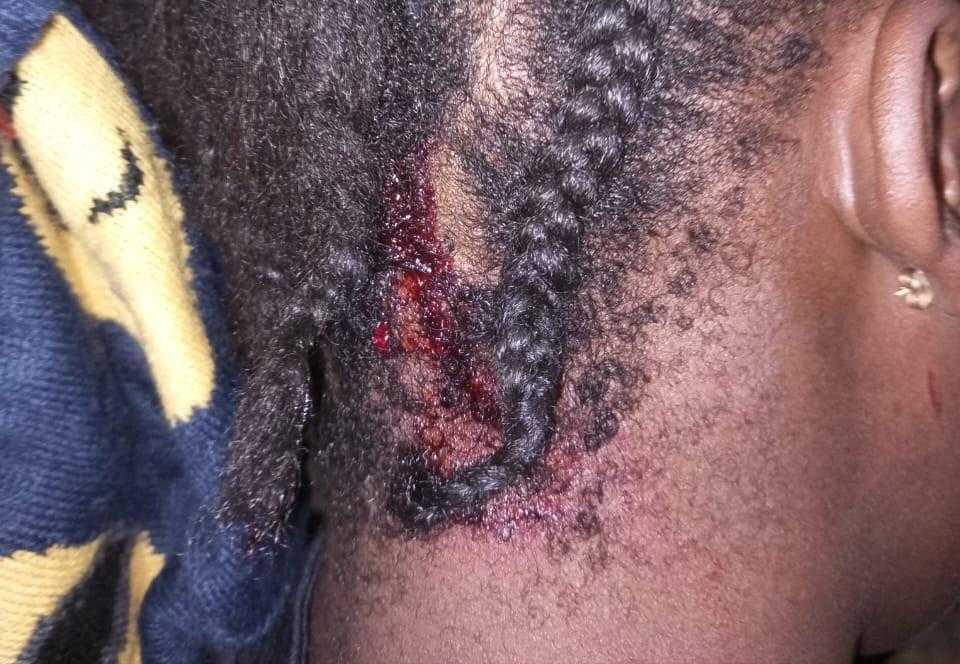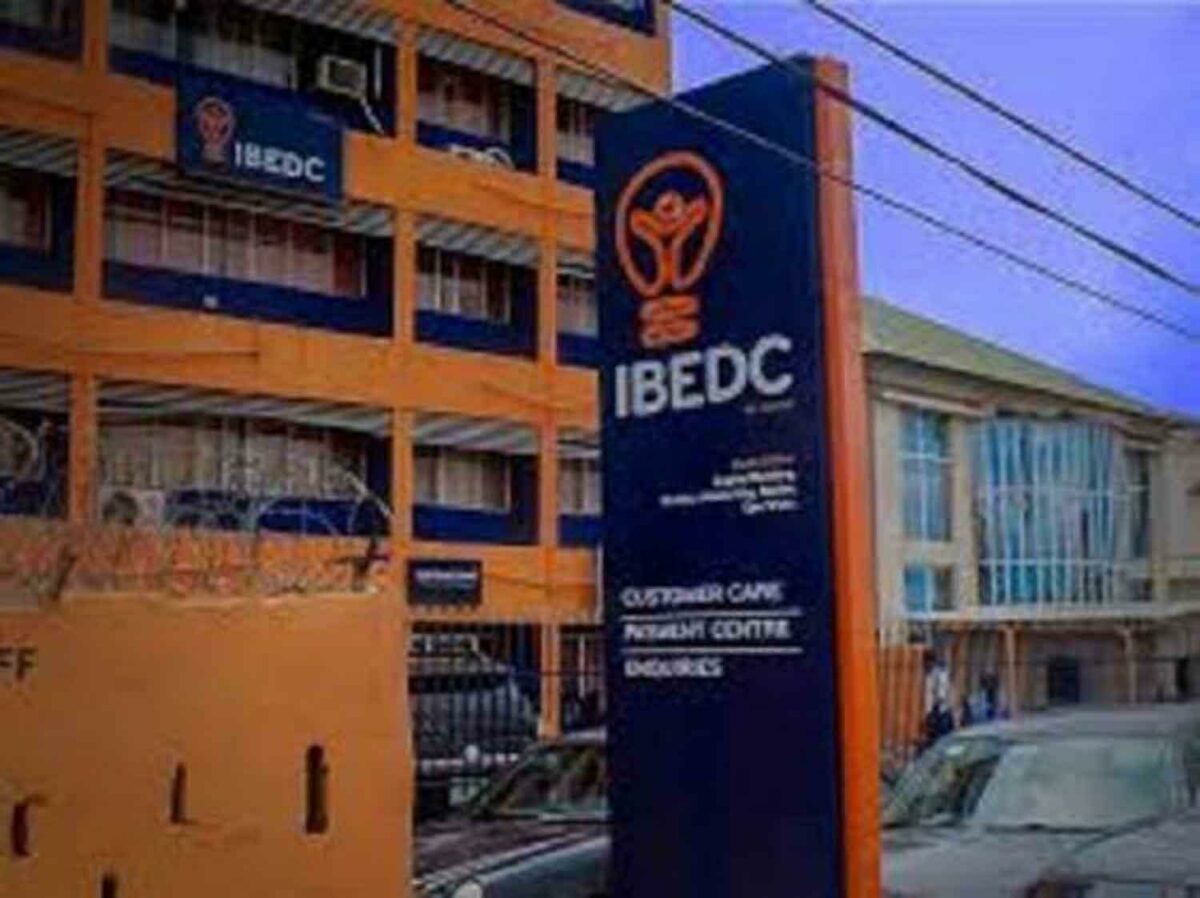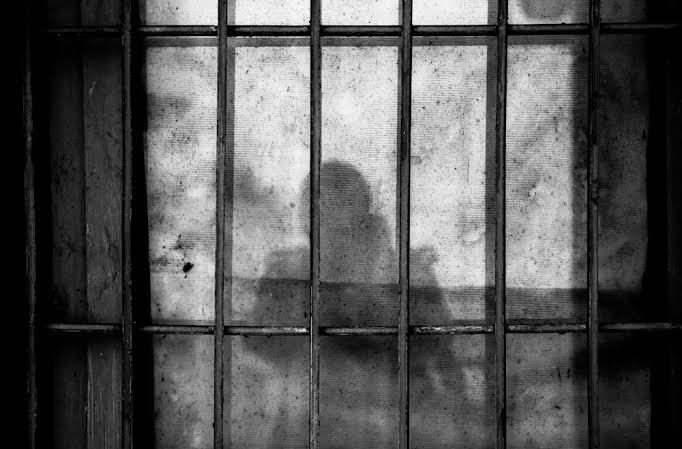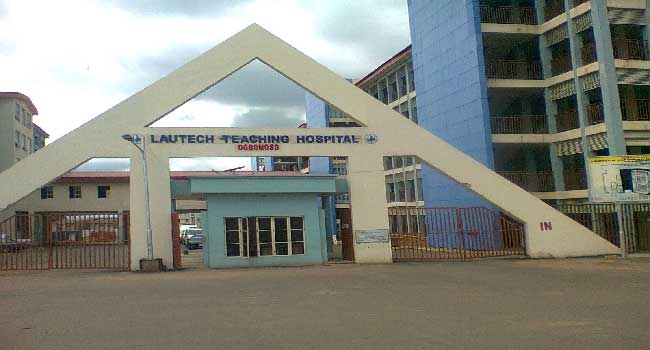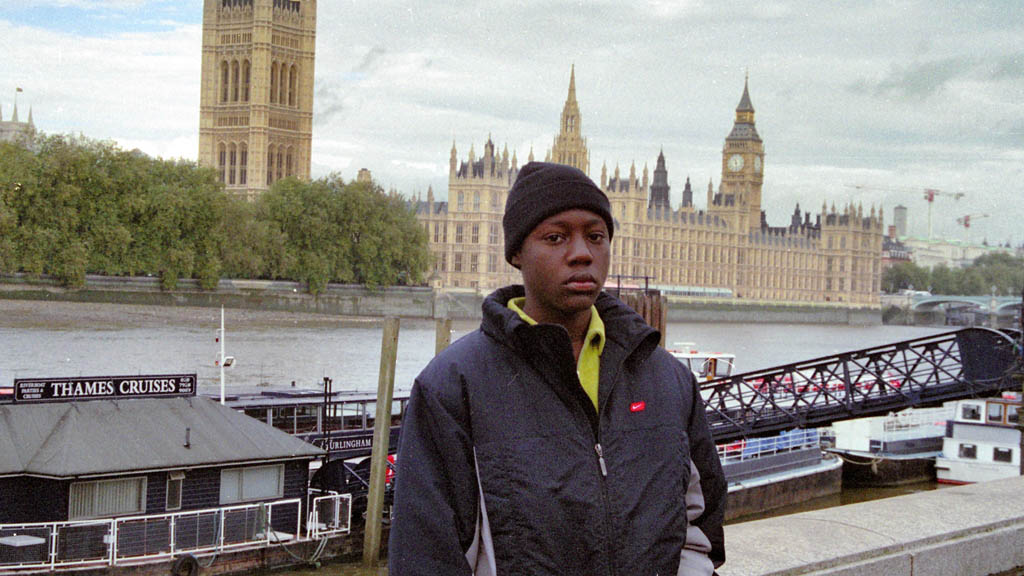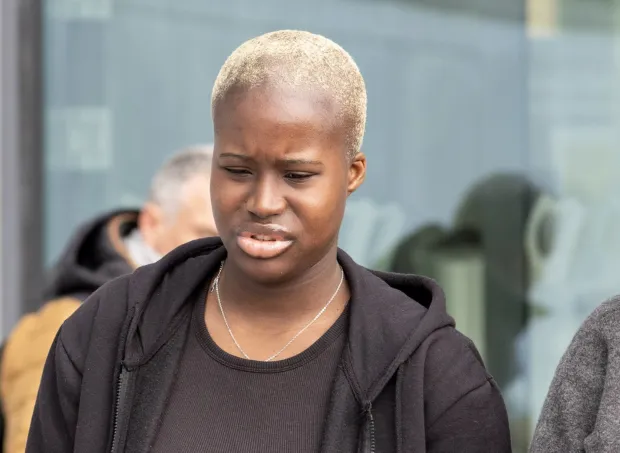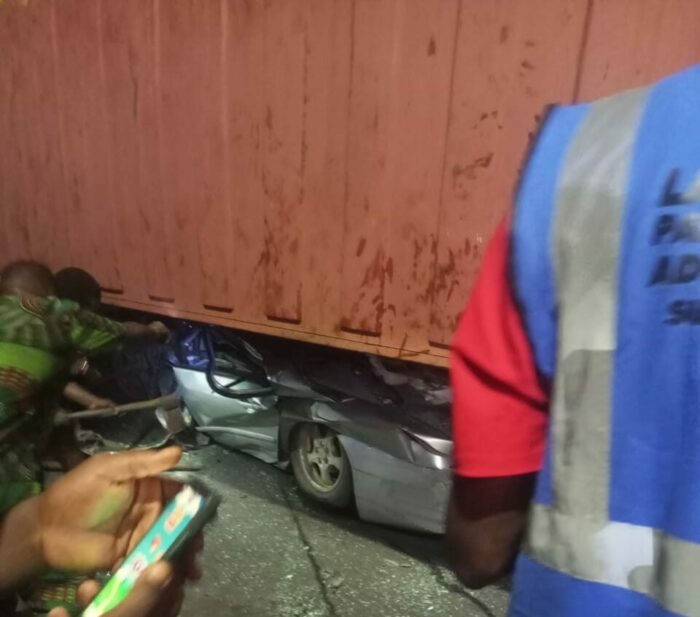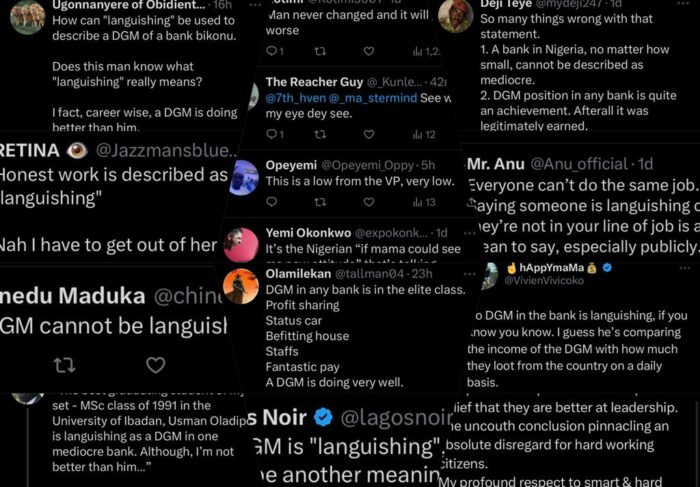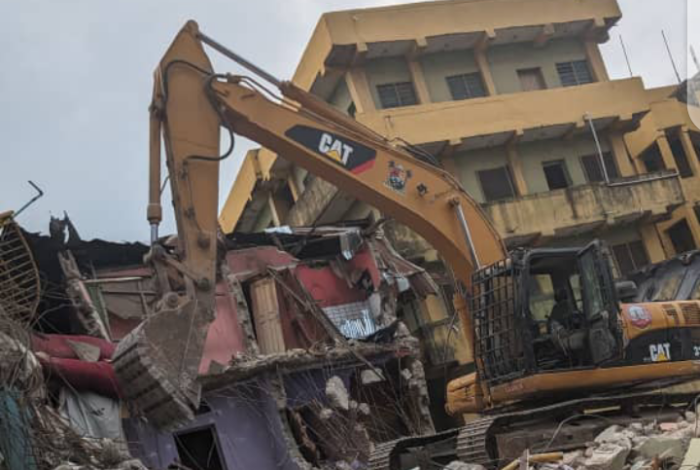Going under the knife can be a hard-to-make decision, more so when it concerns one of the most vital parts of one’s body. The brain controls speech, movement, thinking and memory, so a brain surgery gone wrong can temporarily or permanently disrupt any of these important functions. But brain surgery is a life-saving procedure. When medical treatment gets to this, a patient may have very few options: get into the theatre or die. A few patients also die from the surgery. So, preparing for brain surgery is no joke. One simply hopes for the best and prepares for the worst.
Little wonder Nigeria Twitter erupted with joy when a popular Nigerian doctor, Chinonso Egemba, also known as Aproko Doctor, broke the news of his successful brain surgery a few weeks ago. Egemba is a Nigerian celebrity, and suprisingly, he opted to be operated on here in Nigeria.
Reasons for brain surgery include stroke fluid build up, hemorrhages, head injuries, epilepsy, degenerative conditions like Parkinson’s disease, blood clots and tumours, among others, according to Cleveland Clinic, a non-profit academic medical centre in Ohio, Canada. The type of brain surgery a patient undergoes depends on the nature and extent of their challenge. Some of the most common types are deep brain simulation, craniotomy, neuroendoscopy, and laser ablation.
“During brain surgery, a surgeon might remove some of your brain or an abnormal growth in your brain, like a tumor. Surgeons can also repair parts of your brain that have damage, such as leaky blood vessels,” says Cleve Land Clinic.
FIJ spoke with Kayode Abidogun, a medical doctor practising in the United Kingdom, and a few survivors of brain surgery about their experiences.
“One of the most common methods of treatment we opt for when a mass has been discovered is surgery, especially, if it is in a critical place,” said Abidogun.
READ ALSO: EXPLAINER: These Greeting Gestures May Land You in Trouble With Cultists
Yakubu Dauda, a brain surgery survivor, has gone under the knife twice. His first surgical experience was an emergency and he had little time to prepare. “The first time I underwent surgery, I had no time to prepare for it,” Dauda told FIJ. “It was an emergency operation because the tumor had spread across my body.”
“The second time I was in the theatre, the doctors had little optimism. They weren’t sure I would survive it because the tumor had messed up parts of my body.”
Dauda told FIJ his tumour had no known cause and he couldn’t even recall his doctors giving it a name.
“Initially, I thought it was malaria as the symptoms were similar. I only knew it was a tumour after a CT scan test revealed it and by then, it had already eaten deep into my system. It was a deadly tumour at that,” he said.
“I don’t even recall having a name for the tumor. All I remember is that it was a neuro-surgery by a neurosurgeon.
“Before the second surgery, I was placed on strict eating and drinking habits which were discontinued 24 hours before the operation. Drugs were also administered a week before the surgery day.
“It required some intentional preparation because I wasn’t even allowed to talk to anyone except the medical personnel. Besides that, all I did was sleep.”
Jude Ogbonna (not real name), another medical doctor practising in Nigeria, said patients must be enlightened on the medical procedure and the chances of survival.
“One crucial part of surgery is counselling. This ensures that the patient is thoroughly educated on the procedure and the chances of survival,” Ogbonna told FIJ.
“The medical doctors would also ensure that there is adequate blood available if the patient would lose blood. The intensive care unit (ICU) must also be informed because most patients who undergo brain surgery are only resuscitated there.”
Dauda described the experience of landing in the ICU after being under the knife for 11 hours.
“While the procedure was on, the location of the tumor was protected with a gear because the hair in that part of my head was completely skinned. I was under the knife for 11 hours, from 8 am to 9 pm. I immediately landed in the Intensive Care Unit (ICU) afterwards,” he told FIJ.
“All I had in mind was ‘what will be will be’, and it is not uncommon for a sick person to give up easily. The brunt of a sick person’s demise is usually only felt by relatives.
“I survived both experiences only by a stroke of luck.”
Ogbonna told FIJ a patient’s chances of survival depend largely on the location of the tumour.
“The location of the pathology, if it is near a blood vessel, can reduce the patient’s chances of survival,” he said.
“If it’s located in a place where part of the brain controls majority of the body, it becomes more complex as the patient might not survive it. To reduce the risk of infection of a brain surgery, the patient’s hair is scraped in the theatre.
“The duration of the surgery varies depending on the procedure. It could take between 3-24 hours.”
Ten years after his surgeries, Dauda lives an imbalanced life and believes the operations might have cost him a good shot at life.
“After the surgeries in 2013 and 2014, life became difficult because I couldn’t live a normal life like everyone else. Right now, I’m visually impaired and my vision gets very bad in dark situations.
“I was three months into my National Youth Service Corps (NYSC) when the surgeries happened and since then I haven’t returned to my state of deployment for my discharge certificate.
“I don’t think I still want it because I don’t even feel safe going out.”
Dauda told FIJ his surgeries were done by Nigerian doctors within the country as his family lacked the means to seek foreign treatment for him.
“Both surgeries were done at the University of Ilorin Teaching Hospital, Ilorin,” he said.
“It would have cost my family an arm and a leg if it was done abroad. We don’t even have the resources.”
READ ALSO: EXPLAINER: Are Mental Illnesses Spiritual?
As scary as the experiences of Dauda and a few others might seem, there have been testimonies of people who went through the procedure and returned to live happily. One of such stories is that of Aproko Doctor, whose surgery was done in a Nigerian hospital.
Subscribe
Be the first to receive special investigative reports and features in your inbox.


